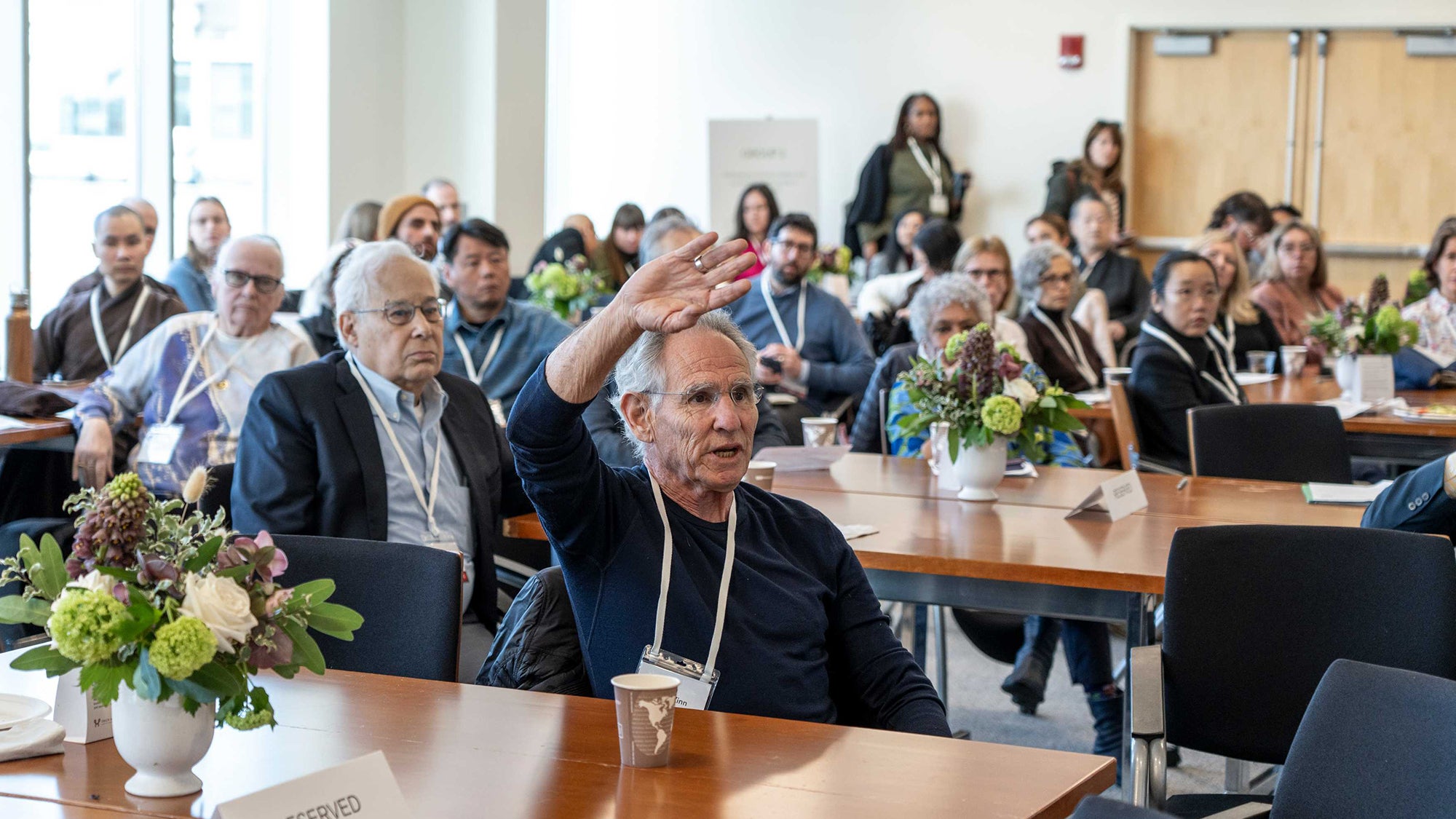Drinking coffee may decrease depression risk in women
A new study led by Harvard School of Public Health (HSPH) researchers found that, among women, drinking coffee may reduce the risk of depression. The researchers, led by Michel Lucas, research fellow in nutrition, found the risk of depression to be 20% lower among women who drank four or more cups of caffeinated coffee than those who drank little or none. Those who drank decaf, tea, soft drinks, chocolate and other beverages containing less caffeine did not appear to be protected against depression. The study, “Coffee, Caffeine, and Risk of Depression Among Women,” was published in the September 26, 2011, issue of the Archives of Internal Medicine.
At least one previous prospective study in men suggested a link between depression risk and coffee, the world’s most popular central nervous system stimulant, according to the authors.
The researchers studied 50,739 women who participated in the Nurses’ Health Study. The women, whose average age was 63, were free of depression when the study began in 1996. The scientists prospectively followed the women’s use of caffeinated and noncaffeinated beverages, and chocolate (which contains small amounts of caffeine) for the previous year through June 2006.
Senior author Alberto Ascherio, professor of epidemiology and nutrition, told the New York Times that more research is needed before the authors can recommend women drink more coffee.
Learn more
Read The New York Times article
Read the Huffington Post coverage
View an NBC News report on WHDH-TV


